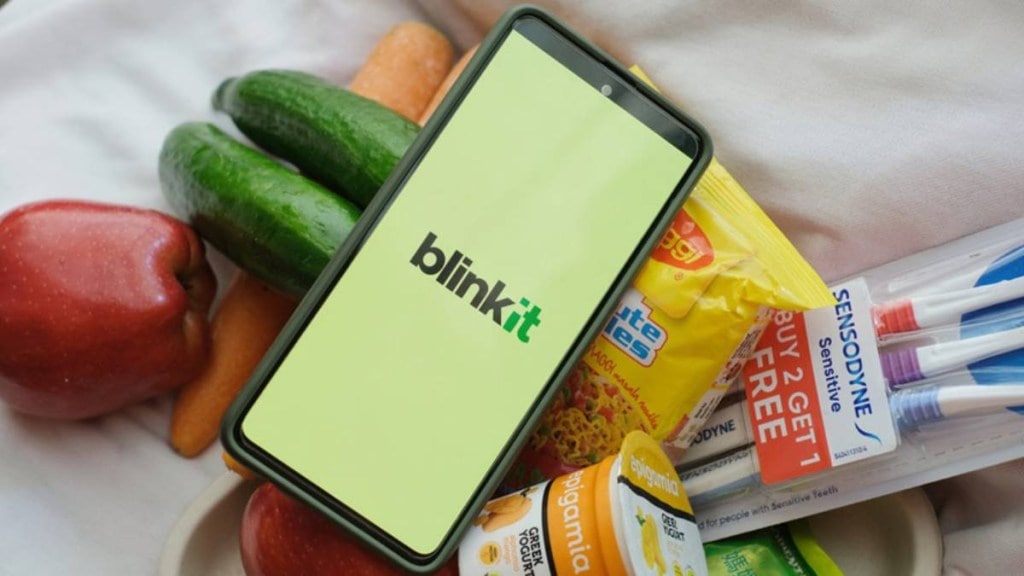Zomato’s quick commerce arm Blinkit has expanded to several tier-II cities recently, including Haridwar, Jodhpur, Mohali and Rohtak, expanding its services to a total of 44 cities in India. Blinkit tier-II presence is much higher compared to rival Zepto, whose services are functional in 13 cities, and BigBasket’s BBNow in 23 cities. Meanwhile, Swiggy’s quick commerce arm Instamart is currently present in 43 cities.
In a research note on Monday, analysts with Kotak Institutional Equities noted that Blinkit’s rapid expansion to new cities is a strategy to gain first-time users and also to better utilise its warehouses. The company is expanding in smaller cities which are present close to existing hubs such as Delhi-NCR, Jaipur.
For example in Haryana, Blinkit is present in Faridabad, Gurgaon, Bahadurgarh, Panchkula, Rohtak, and Sonipat while both Zepto and BBNow are present only in Gurgaon. Encouraged by this expansion, the brokerage has hiked its forecast for the compounded annual growth rate of Blinkit’s gross merchandise volume to 81% over FY24-27 from 70% earlier.
“With fairly limited delivery fees being added by these companies currently, we believe there is some potential to monetise customers in the event of adverse regulation on delivery rider payment,” the analysts said in the note.
However, as more rivals move into the same cities, Blinkit may have to face pricing challenges, the analysts noted. For example in Bengaluru, Zepto has managed to keep its prices lower than its rivals with its new SuperSaver initiative and often uses pricing as a tool to acquire customers. “While it (Blinkit) seems to maintain pricing discipline for now, take rates and/or margins may remain range bound in the near term,” they noted.
Besides geographical expansion, Blinkit is also experimenting with return policies for apparel on its platform – a comparatively newer product category. Q-comm platforms had initially started with basic innerwear and have now added some inventory in kurta, athleisure, kidswear, and sportswear categories too.
With the introduction of non-standardized clothing, return policies are becoming necessary for Blinkit, which has piloted returns and exchanges for apparel in the NCR region. Analysts expect this expansion of its apparel category to increase the complexity of its operations while also being a move to capture an even larger wallet share of the customer.

